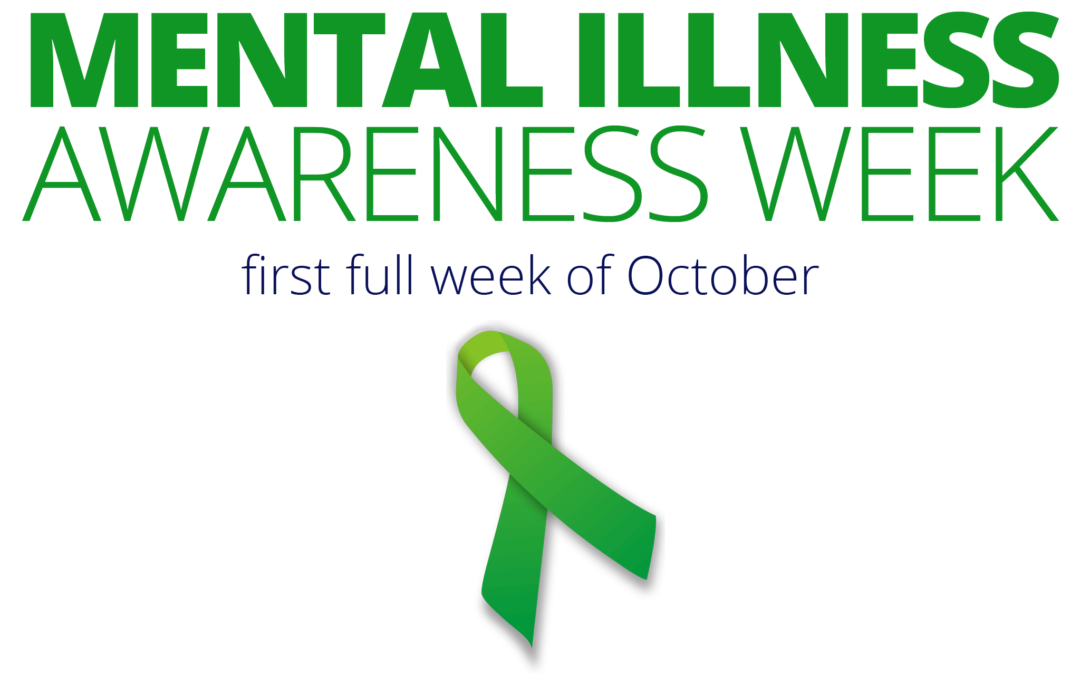We have shared a very tough time. The pandemic, the natural disasters, the everyday stress of just moving through each day has taken a toll on all of us.
it is important to be mindful of those who may be struggling with stresses. In fact, this year, more than maybe other years, we need to recognize that the response of “Fine” to a “Hi. How are you?” may not tell the real story of how someone is faring. During the first full week of October we recognize Mental Health Awareness Week.
One in five American adults will suffer from a mental health illness during the course of a year, and for one in 25 of those adults, the illness will be serious. People 13-25 will experience mental health illnesses as well. For that age group, the incidence is also one in five.
The National Institute of Mental Health (NIMH) estimates that 21% of adolescents 13-18 years old have a serious mental health disorder with half of those kids manifesting the illness by age 14.
Mental Health illnesses risk factors are varied but include genetics, daily activity, environment and biology. The illnesses can impact a person’s ability to go through daily life and as well as their overall health in addition to their emotional health.
Getting help is the first step toward getting healthy. That often means discussing your symptoms with your primary care provider. They will be able to start the process of linking you with appropriate therapy, health strategies and, sometimes, with medications that can help you for a period of time while you work to get better.
Knowing some of the common signs of Mental Health illness can help people intervene with those they love to get help. While different illnesses may include other symptoms, the ones below are some of the more common signals:
- not eating enough or overeating
- having insomnia or sleeping too much
- distancing yourself from other people and favorite activities
- feeling fatigue even with enough sleep
- feeling numbness or lacking empathy
- experiencing unexplainable body pains or achiness
- feeling hopeless, helpless or lost
- smoking, drinking, or using illicit drugs more than ever before
- feeling confusion, forgetfulness, irritability, anger, anxiety, sadness, or fright
- constantly fighting or arguing with friends and family
- having extreme mood swings that cause relationship problems
- having constant flashbacks or thoughts that you can’t get out of your head
- hearing voices in your head that you can’t stop
- having thoughts of hurting yourself or other people
- being unable to carry out day-to-day activities and chores

